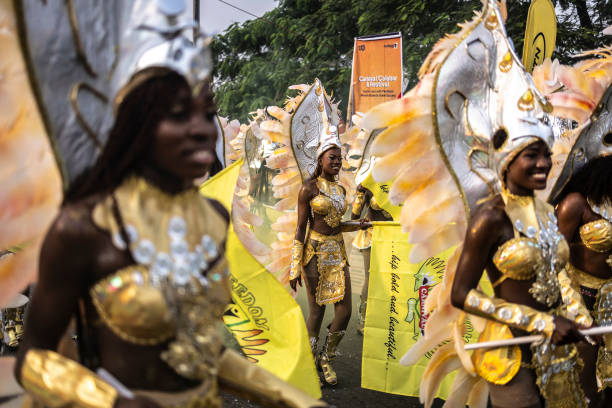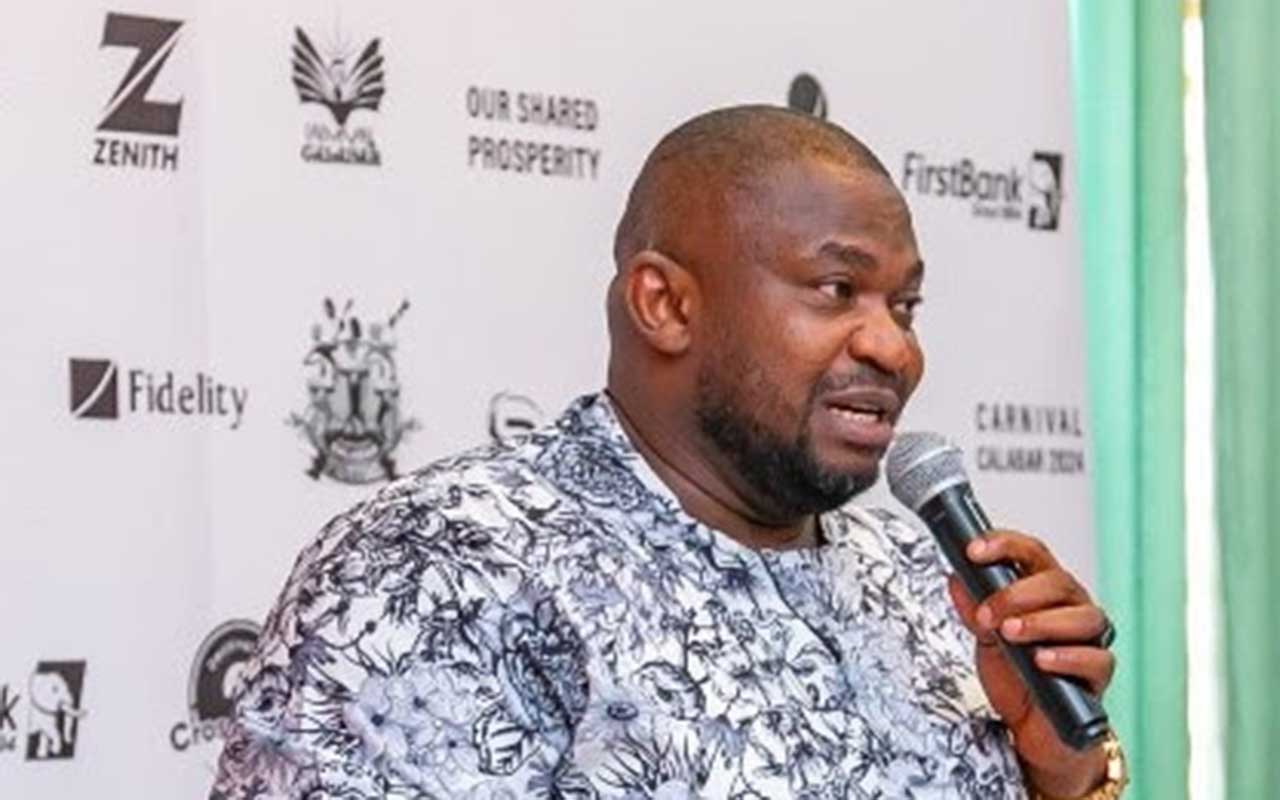
Transportation stakeholders have called on the Federal Government to domesticate the conversion of Compressed Natural Gas (CNG) vehicles in Nigeria as this would provide jobs for youths in the country.
Indeed, the Federal Government had approved N100 billion for high-capacity CNG buses to bolster the transportation sector as part of efforts to alleviate the petrol subsidy pain in the transportation sector.
The decision also encompasses the distribution of 55,000 CNG conversion kits to initiate an auto gas conversion initiative, while waiting for the ongoing construction of advanced CNG stations across the country.
Specifically, the stakeholders said the N100 billion earmarked by the government is not enough to solve the transportation challenges bedeviling the country.
Speaking with The Guardian, a Professor of Transport Management, Federal University of Technology Owerri Imo State, Callistus Ibe, said the intervention of CNG vehicles is a step in the right direction for diversification purposes. He however, said for it to be meaningful, the vehicles should be manufactured/ assembled in Nigeria.
Ibe said if that is done it would transfer the technology, create jobs and impact positively through multiplier effects.
On whether the amount would be enough to solve transportation problems, he said: “I would say no, rather the present move is reactive to solve already existing problems triggered by subsidy removal. It is only on one mode, road. What of other modes: rail, waterways, and even urban transport? In addition, the last mile transport, which is now very expensive, will not be covered by this budget.”
According to him, solving transportation problems is a holistic action that requires serious planning that would be implemented over time on a planned phase and incremental basis cutting across all modes including urban and rural transportation development.
He said transportation would have been developed and connected leading to a viable intermodal transportation. He said the amount budgeted is a fire brigade attempt at solving existing transportation problems, stating that high capacity vehicles are for urban mass transit, which is a good move to save time and money reducing the generalised cost of transport occasioned by the subsidy removal.
Associate Professor at Keele Business School, United Kingdom, Emmanuel Mogaji, said the approach by the government is encouraging and a collective desire for government interventions.
Mogaji said: “As an advocate for sustainable and transformative transport services, I fully support the initiative towards CNG buses. However, it is crucial, in the case of any political interventions, to ensure that the necessary infrastructure is in place to effectively support this idea.
He said simply having the buses and deploying them to various states is not the culmination of the effort. The focus should extend to coordinating these services to precisely meet the needs of the citizens. Therefore, while the concept is commendable, it is imperative that it be meticulously planned, organized, and presented to align seamlessly with the requirements of the citizens.
Chief Executive Officer, West Atlantic Cold-Chain and Commodities Limited, Henrii Nwanguma, said the funds are not enough to solve transportation needs, stating that the funds should embrace other segments of transportation.
Nwanguma also queried what N100 billion will do to domesticate fabrication of components for conversion of existing vehicles?
Chief Executive Officer, Transtech Industrial Consulting Limited, Luqman Mamudu, said the current cost of high capacity buses as proposed is about N90 million a unit. This means that the total vote of N100 billion can buy about 1,100 buses or 30 buses for each of the 36 states and Abuja.
He said if they are to be distributed for general public transport intervention, it may not make sufficient impact but certainly a huge step towards ameliorating demand for urban public transport.
Mamudu, who is also a former director of policy and planning at National Automotive Design and Development Council (NADDC), said for sustainability, the N100 billion is better ploughed back into an affordable automotive asset acquisition funds scheme as already planned by NADDC in 2017, which was abandoned.
He said the revolving loan scheme should be revisited, saying this can work by engaging a private specialist firm to manage it on a commission basis.
He said the scheme will buy only locally assembled vehicles, the assembly plants will grow and blossom with attendant components manufacturing.
For Professor of Transport and Logistics, Lagos State University (LASU), Samuel Odewumi, the intervention is no doubt in the right direction and a part of what was advocated for.
However, he said the funds cannot be said to be enough to solve transportation problems.
For sustainability and efficiency, he said the government must ensure Public Private Partnership (PPP) template to roll out, saying if not the service will not last two years, stating that Nigeria must get the template right by operating the buses with PPP format. Lagos state already has such in place.
Odewumi, who doubles as Chairman of, Road Sector Committee, Chartered Institute of Transport Administration of Nigeria (CIOTA) said CNG infrastructure must be ubiquitous just like petrol stations or else if the points of dispensing are too far apart, it will be a wasteful and inefficient system.
He said: “I must mention that there must be nationwide emergency task force to palliate the roads to allow smooth movement of goods and people to relieve the agonies of people and even the petrol distributing tankers and reduce transport cost, which will directly impact positively on more Nigerians and not the few selected for palliative.”






